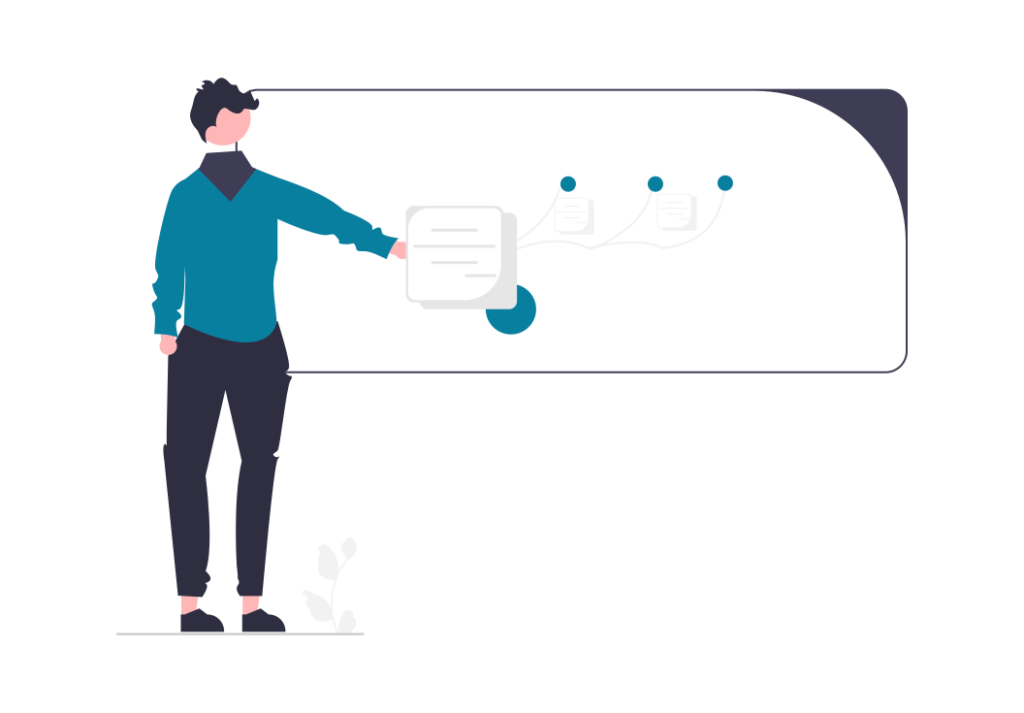I design and deliver evidence-based courses that empower healthcare professionals with the skills and confidence to navigate complex conversations and deliver high-quality, person-centred care.
My team is committed to providing high-quality, responsive training that evolves alongside the needs of healthcare organisations. Our aim is to ensure participants gain practical, real-world benefits they can apply immediately.
In essence, we help individuals and organisations overcome communication challenges and enhance the quality of service delivery.
Communication skills training
I have learned over the years that some healthcare professionals would really benefit for personalised one-to-one coaching.
The coaching is delivered online and is available as a stand alone option or as a powerful follow-up for those who have completed our advanced communication skills course.
My approach to coaching is person-centred and tailored to the unique needs of each individual. Whether you are looking to develop your career, enhance your wellbeing, or explore personal growth, coaching provides a safe, supportive space to reflect, set goals and move forward with clarity and confidence.
I have completed my diploma in coaching and currently working towards accreditation with the International Coaching Federation (ICF).
Everyone has experiences with healthcare. Some experiences are positive and others, more challenging. Your stories can play a vital role in helping professionals improve how they communicate and provide compassionate care.
I value patients and their families sharing stories with me. By sharing your experience, whether you felt truly heard or overlooked, you can help us guide healthcare professionals toward more compassionate, person-centred care.
Your voice matters, and your feedback can lead to real change.
Share your story with us today.
View our patient stories


Testimonials have come from colleagues I work with, from people who have employed me to do consultancy projects for them and from patients and students.

If you want to know more about me, please click on the About page or follow this link.
Patients tell us in their own words what their healthcare experience in relation to communication was like. They provide key learning points they would like healthcare professionals and other patients to take away from their experience.
We provide education and informative blogs for patients and healthcare professionals to read. Additionally, we may link to interesting stories or articles we have found.
Please complete the form on the right hand side and send.
Get in touch with us below and we will respond to you as soon as we can